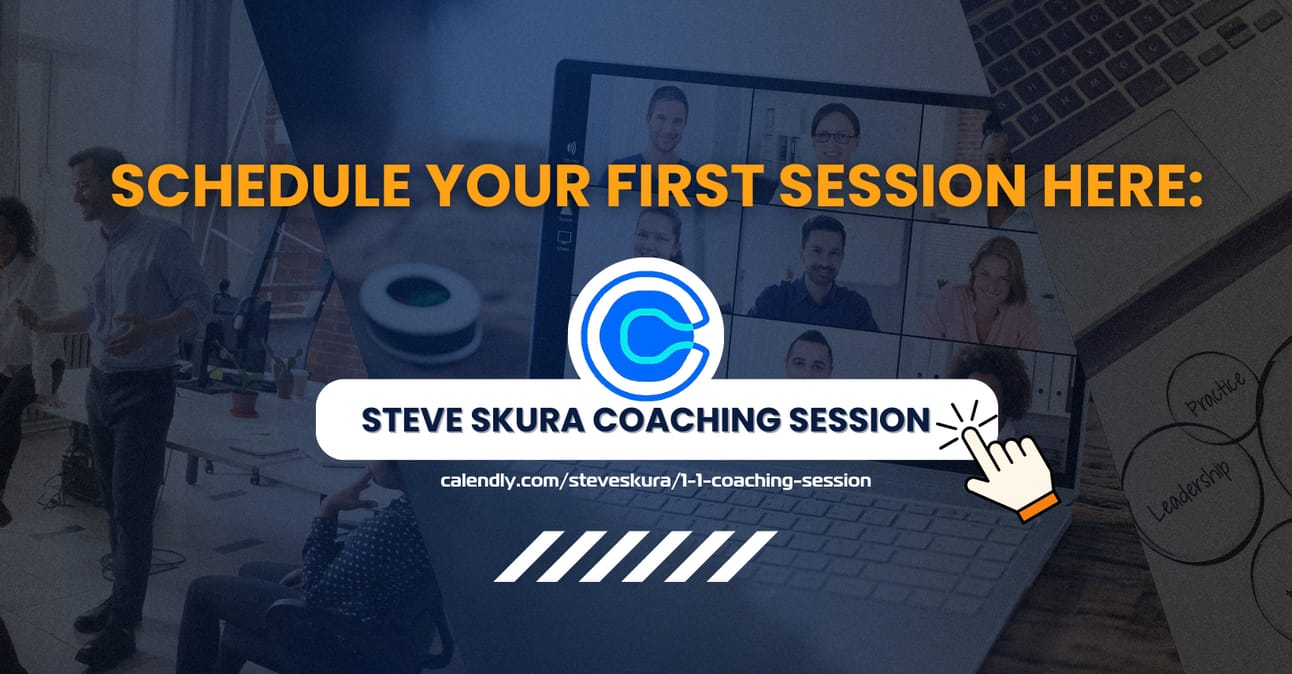- The Weekly Nugget
- Posts
- Career Advice for Gen Z
Career Advice for Gen Z
5 Tips for Accelerating Your Career

Find Your Niche
As a Gen Z working probably your first professional job in your early twenties, try to envision your future career and skillset in terms of “depth and breadth” of experience. What is the depth of your skill level or experience in doing one particular thing, and what is the breadth of all your skills and experience in a particular role.
Whether your first few years of professional experience are in a narrowly focused role or you are wearing many hats, I’ve found that the bigger paydays and career progressions happen when you can exploit a niche from your career growth. For example, this niche might be a skill or level of experience doing something that is highly compensated or has a scarcity of people with that particular talent. Niche can also mean a particular industry that might be in the early stages of growth and maturity where there is a smaller talent pool or demand for experienced people in that industry.
So, as a young professional, your goal should be to discover your niche. Some people may know exactly what they want to do as an early teenager, and later work for decades happily in that particular profession. However, most young professionals tend to go through a period of self discovery with their first few jobs.
Consider the Company
There are a lot of factors when deciding what company to work for. You may want to consider the number of employees, the industry, culture, who your boss will be, etc. However, in terms of the job you will be doing, there are really three broad choices. You can work for a Fortune 500 brand, a startup, or create your own venture. Here is what to think about with each.
Working for a Fortune 500 company typically means that you are one of thousands of employees. Your job might come along with some formal training, several seasoned employees to learn from, great benefits, formal processes, and maybe some proprietary industry knowledge transfer in your role.
However, these types of companies tend to take all the functions of a department and make a role for each. This means that a lot of the junior roles may be narrowly focused in terms of responsibility. However, you may get some large responsibilities within these junior roles.
For example, a startup may have just one marketing director running all marketing. Whereas, a Fortune 500 company might have several layers of management, and a separate person for email, social media, paid advertising, content writing, graphic design, and so on. However, as ‘email marketing specialist’ you may be writing content for a list of 1 million emails or responsible for a million dollar ad spend.
Working for a startup usually means that you’ll be wearing a lot of hats, you might be the first hire, or be solely an entire department in the beginning. It depends on the size of the startup (Typically, less than 100 employees), but it will mean working more with the leadership team, and an ability to make a profound impact on the future of the business.
Some drawbacks are that most startups aren’t recognizable brands on a resume, there may be fewer opportunities to learn from experienced people, and startups tend to not be as stable of employment long-term. However, they tend to be a great learning environment for young professionals.
Starting your own venture is a big decision, especially if its your first professional role. I would highly recommend working for someone else first before venturing on your own. If your goal is to create your own venture or buy a business and eventually work for yourself, I highly recommend being very frugal early in your career. This means not taking on debt, saving your money, and positioning yourself financially to purchase a business or fund your big idea.
So, how do you decide? If you don’t know exactly what you want to do long-term, choosing a narrowly focused role might not give you enough skills early on to know what your niche should be long-term. However, a Fortune 500 brand will help your resume for future opportunities regardless. Thinking about these options will help you develop a better career plan.
Build a Network
You’ve probably learned by now that having a network is much needed and can help with career advancement, getting and keeping a job, finding future investors, and helping others find employment.
Making time to focus on your professional network early in your career will reap rewards. If your goal is a high-paying sales role or to eventually start your own business, then building your network early is even more important.
The easiest way to grow your network virtually is going to be platforms like LinkedIn. This means updating your profile, and making connections to grow your digital network. LinkedIn is loaded with features to build a following.
If you’re in a larger city, there are probably young professionals groups, local meetup events (Meetup.com and Eventbrite.com), startup incubators to visit, and coworking spaces to rent a desk at. These are all great places to meet people, grow your network, and meet new clients.
Find a Coach or Mentor
If you decided to skip college, then finding a coach or mentor is super important. Honestly, you are too young and don’t know what you don’t know. If you are considering a certain field, search for some coaches and mentors in that industry.
You may meet with them once or regularly for years, it really depends on you. But having a coach or mentor is where you can pay for 1:1 time with an expert, and ask them specific questions that fill in your experience gaps with their knowledge and wisdom in a particular field.
If you just graduated from college, sometimes that first job is more demanding than you thought it would be. Maybe you’ve been working for a few years but now you want to pivot/ Or you are not sure which roles to apply for after graduation. These are all areas where a coach or mentor can be of great value in your life.
Set Clear Goals and Realistic Expectations
Lastly, whether you’re starting at your new Fortune 500 job, got hired by a startup, or are going to launch your new venture - set clear goals and realistic expectations for what success looks like for you.
Some examples might be getting a promotion within 2 years, saving 20% of your paychecks, or gaining your first 1,000 customers. Measuring your progress is just as important as having a plan. Remember to celebrate small victories along the way.
If you’re considering hiring a coach, I’d love to mentor you. You can schedule your first session below.
